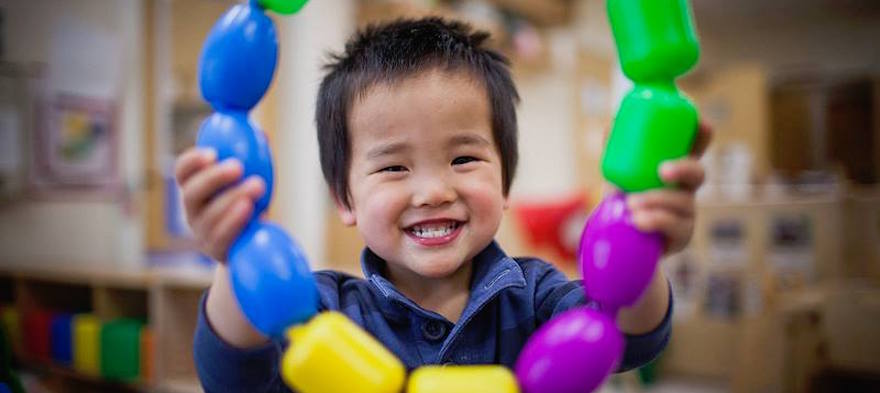
Jul 19, 2018 12:00:00 AM
Emily Sharrock is the deputy executive director of Bank Street Education Center, providing professional development and strategic guidance to school districts. She has extensive experience working in public school reform and education management in New York City and has also worked in school design, specializing in curriculum, instruction and leadership development in NYC Outward Bound Expeditionary Learning Schools. She holds a master’s of public administration from Columbia University’s School for International & Public Affairs and a bachelor’s degree from Wesleyan University.
The story you tell yourself about your own math ability tends to become true. This isn’t some Oprah aphorism about attracting what you want from the universe. Well, I guess it kind of is, but...
If you have a child with disabilities, you’re not alone: According to the latest data, over 7 million American schoolchildren — 14% of all students ages 3-21 — are classified as eligible for special...
The fight for educational equity has never been just about schools. The real North Star for this work is providing opportunities for each child to thrive into adulthood. This means that our advocacy...
Your donations support the voices who challenge decision makers to provide the learning opportunities all children need to thrive.
Ed Post is the flagship website platform of brightbeam, a 501(c3) network of education activists and influencers demanding a better education and a brighter future for every child.
© 2020–2024 brightbeam. All rights reserved.
Leave a Comment